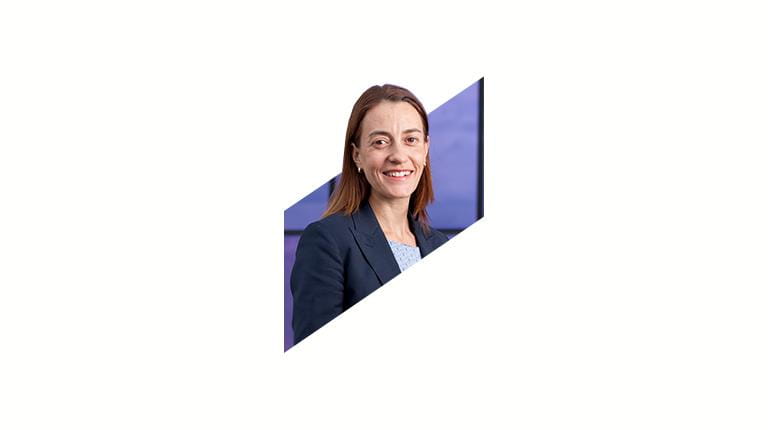Associate Professor Sarah-Jane Dawson is pioneering the use of 'liquid biopsies' for gentler, more thorough cancer testing. She's developing blood tests as an alternative to painful, invasive tissue biopsies for cancer patients. The tests identify the tiny fragments of DNA shed by tumour cells into a patient’s blood stream.
Having already been trialled in breast cancer patients, Sarah-Jane says the new tests will help in every phase of treatment, quickly identifying the type of cancer, tailoring treatment to the individual, monitoring their progress, and—once treatment is completed—checking for signs of relapse.
The CSL Centenary Fellowship will give Sarah-Jane the opportunity to develop the tests for some of the most common cancer types, and accelerate the translation of these tests from the lab into the clinic so they can benefit more of the 400,000+ Australians living with diagnosed cancer.
Tissue biopsies provide doctors with information about the specific area that has been sampled. While an important diagnostic tool, it can miss vital information about cancer elsewhere in the body.
"Tissue biopsies are invariably painful, invasive tests. They are done in a hospital, require a local anaesthetic and involve a relatively large needle being inserted into the body. They're inconvenient and distressing for patients, and expensive for the healthcare system," says Sarah-Jane, who is an oncologist and researcher at the Peter MacCallum Cancer Centre and The University of Melbourne.
About 800 bone marrow biopsies are done each year at Peter Mac alone, with each costing about $2,500 and involving a hospital stay of up to six hours. In contrast, the new tests are like any other blood test and can be performed regularly during a course of treatment. This allows clinicians to monitor how a cancer is responding to treatment, and adjust the treatment as necessary. This approach is now guiding the treatment of some 500 patients at Peter Mac.
Most cells, healthy or cancerous, shed DNA fragments into the blood stream as part of cell turnover, making a blood sample a window into what’s occurring throughout the body, and providing a more comprehensive picture of the changes the patient’s body is experiencing… provided you can find the fragments.
"Detecting and isolating these trace amounts of tumour DNA amidst all the normal DNA is like trying to find a needle in a haystack, but with new gene sequencing and analysis technologies we now have the ability to find them" says Sarah-Jane.
Sarah-Jane's research has shown the tests can be used effectively over the course of treatment for blood cancers, such as chronic lymphocytic leukaemia and myelodysplastic syndromes.
Her team's findings were published in early 2017 in the journals Nature Communications and Blood, and build on her earlier research at the University of Cambridge.
Associate Professor Sarah-Jane Dawson
Peter MacCallum Cancer Centre
2018 CSL Centenary Fellow

Blood Tests for Early Diagnosis and Management of Cancer


